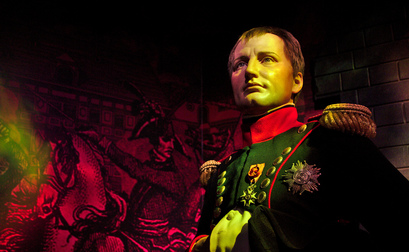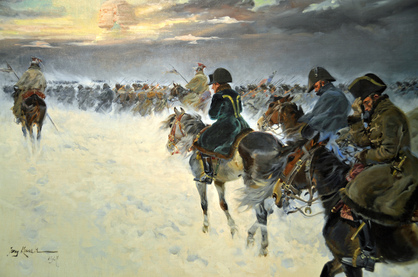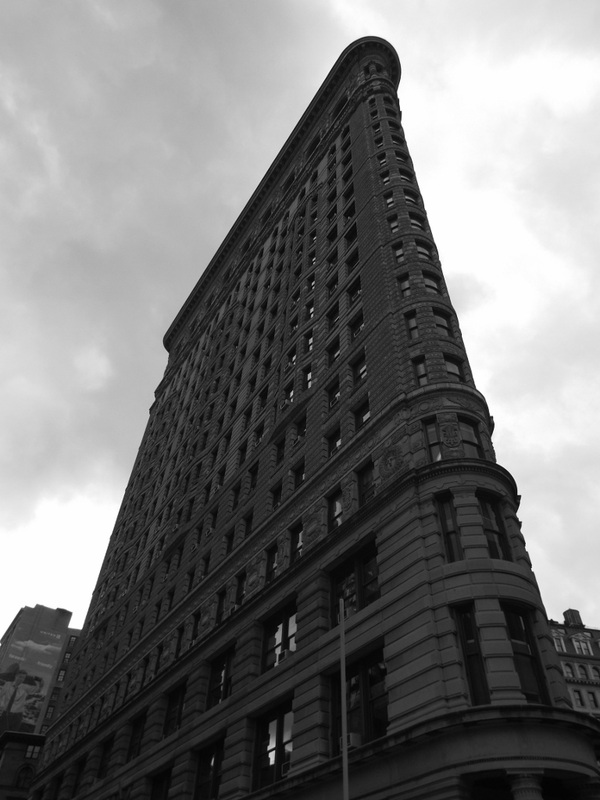Here are the words of a few other songs...
The Bonny Bunch of RosesBy the margin of the ocean,
one pleasant evening in the month of June, when all the feathered songsters their liquid notes did sweetly tune t'was there I spied a female and on her features great signs of woe, conversing with young Bonaparte concerning the bonny bunch of roses o. Then up spoke young Napoleon and he took his mother by the hand saying 'Mother dear, be patient until I'm ready to take command. Then I'll raise a mighty army and through tremendous dangers go, and I never will return again till I conquer the bonny bunch of roses o.' 'When first you met Napoleon you fell down on your bended knee, and asked your father's life of him; he granted it right manfully. Then he raised a mighty army and over the frozen Alps did go all for to conquer Moscow and return for the bonny bunch of roses o.' 'He took five hundred thousand men and kings likewise to bear his train. He was so well provided for that he could sweep the world for gain. But when he came to Moscow he was overpowered by the sleet and snow; with Moscow all a-blazing he lost the bonny bunch of roses o.' 'Oh son, be not so venturesome for England is the heart of oak, and Ireland, England, Scotland: their unity will n'er be broke. Remember your brave father, in St. Helena he lies low. Oh, beware if you follow after, beware the bonny bunch of roses o.' 'Oh mother adieu forever, for now I lean my youthful head. Had I lived I would be clever, oh but now I lean my mournful head. But when our bones lie mouldering and over me the willows grow, the name of young Napoleon will enshrine the bonny bunch of roses o.' |
Notes: The Bonny Bunch of Roses describes a conversation between 'Young Napoleon' and his mother, referring to the epic ventures of Emperor Napoleon Bonaparte of France. Young Napoleon is the son of the emperor and his mother is Napoleon's second wife, Marie Louise. Young Napoleon was declared Emperor Napoleon II of France when his father abdicated, but reigned for only a short time since the coalition which had forced Napoleon's abdication refused to recognise Napoleon II as his successor. In the song, he describes his ambition to follow in his father's footsteps and to gain victory in mighty battles, and in particular to conquer Britain. The phrase 'the bonny bunch of roses' seems to variously refer both to the British soldiers (with their red uniforms) and to Ireland, England and Scotland, all considered part of Britain at the time. His mother reminds him of the downfall of his father, who was exiled by the British on the remote Atlantic island of St. Helena, where he eventually died in 1821, and she warns young Napoleon against drawing plans against Britain: 'Oh, beware if you follow after, beware the bonny bunch of roses o.' As it turned out, young Napoleon died at the young age of 21, of tuberculosis, as mentioned in the final verse. I've heard this song sung by various singers, probably first by Sean Garvey. It hardly needs to be said that such a song exists in various versions, some with differences in words and details of the story. Here is a version with somewhat different lyrics but which still tells essentially the same story. Here is a recording of Joe Heaney introducing and singing the song. And here is a recording of me singing it! |
My Bonny Light HorsemanWhen Bony commanded his armies to stand
he levelled his cannon right over the land, he levelled his cannon, his victory to gain and slew my light horseman on the way coming home. Broken-hearted I'll wander, broken-hearted I'll remain, since my bonny light horseman in the war was slain. Oh if were a small bird and had wings to fly, I would fly across the salt sea to where my love does lie and with my fond wings I'd beat over his grave and kiss the pale lips that lie cold in the clay. Broken-hearted I'll wander, broken-hearted I'll remain, since my bonny light horseman in the war was slain. The dove, she laments for her mate as she flies 'Oh where, tell me where, is my darling?' she cries, and where in this wide world is there one to compare with my bonny light horseman who was slain in the war? Broken-hearted I'll wander, broken-hearted I'll remain, since my bonny light horseman in the war was slain. When Bony commanded his armies to stand he levelled his cannon right over the land, he levelled his cannon, his victory to gain and slew my light horseman on the way coming home. Broken-hearted I'll wander, broken-hearted I'll remain, since my bonny light horseman in the war was slain. |
Notes: Another song referring to Napoleon ('Bony'), this story seemingly told by the lover of a soldier who was killed fighting against the French army. My first memory of this song is hearing John Doyle singing it at a session. I used to meet John and his brother Brian occasionally at sessions in Coolaney and, like their father Sean, they both have good songs. I was recently reminded of the song when I heard Frank Carter from Sligo singing a nice version of it. Of course there are different versions as is often the case with old songs. |
Lament for Louis DarcyWeep not for the noble, the brave or kind-hearted,
that fine-minded jewel who’s now mouldering in clay, a terror to England and her hired assassins, Commandant Louis Darcy from beside Clydagh Bay. A young man of honour with business in Dublin, returning to Clydagh in no way dismayed, his aim and ambition was to raise a battalion and to fight like a hero in the North Galway brigade. Success met his efforts but oh, the sad story, at Oranmore station he was captured one day, conveyed by the tans, his official betrayer when trying to escape was shot down on the way. Oh little he knew when he left his kind mother, little he knew when he bade her adieu that an angel of death lay awaiting his coming, alone and unarmed the day he would die. Oh brave men have fought and brave men have perished, brave men have fought for the cause long ago, but none was as brave as young Louis Darcy, he fought like a hero in the North Galway brigade. Oh farewell brave commander, we ne’er shall forget you, that bright light of freedom adorns your name. In spirit you’re with us to comfort and console us And to shine like a beacon around Clydagh Bay. |
Notes: The only person I've ever heard singing this song is John Folan from Castlegar, Co. Galway. The words opposite are only as accurate as my memory permits from having heard John singing it on various occasions. Louis Darcy was captured in Oranmore by the Black and Tans in 1921 and subsequently shot. |
Erin Grá Mo ChroíAt the setting of the sun,
when my long days work was done, I rambled by the sea-shore for a walk, and I being all alone, I sat down upon a stone for to gaze upon the scenes of New York. Oh and Erin Grá Mo Chroí, you're the dear old land to me, you're the fairest that my eyes have ever seen. You're the land St. Patrick blessed, you're the bright star of the west, you're my own dear native land so far away. With the fire burning bright, on a cold dark winters night, and the snowflakes falling gently to the ground, when St. Patrick's Day has come, my thoughts will carry me home to my own dear native land so far away. Oh and Erin Grá Mo Chroí, you're the dear old land to me, you're the fairest that my eyes have ever seen. You're the land St. Patrick blessed, you're the bright star of the west, you're my own dear native land so far away. On the day that I did part, it almost broke my heart, would I ever see my dear ones any more? Not until my bones are laid in a cold and silent grave, in my own dear native land so far away. Oh and Erin Grá Mo Chroí, you're the dear old land to me, you're the fairest that my eyes have ever seen, and if ever I go home, it's from you I never will roam, you're my own dear native land so far away. Oh and Erin Grá Mo Chroí, you're the dear old land to me, you're the fairest that my eyes have ever seen. You're the land St. Patrick blessed, you're the bright star of the west, you're my own dear native land so far away. |
Notes: Of course, not all emigrants from Ireland who travelled to places like New York or Boston regretted the move; many settled very well and enjoyed good lives in their new homes. Many still do. If a lot of traditional songs give the impression of always missing Ireland, and hoping to return, it is probably because some of those who left were rather unwilling emigrants, and in many cases left situations of serious poverty and deprivation in the hope of finding employment and happiness in the new world. Even if things worked out well, they might have regretted not having much of a choice in the matter. Erin Grá Mo Chroí is Irish for 'Ireland, love of my heart'. As usual, there are different versions of the song, some with somewhat different words, but I like the version given here. |
©2013-2017. All Rights Reserved.




